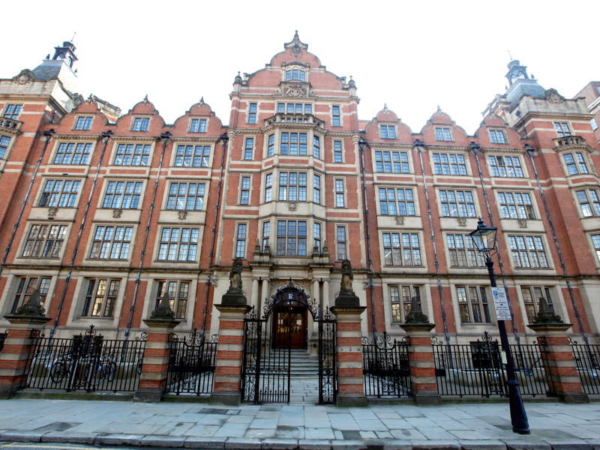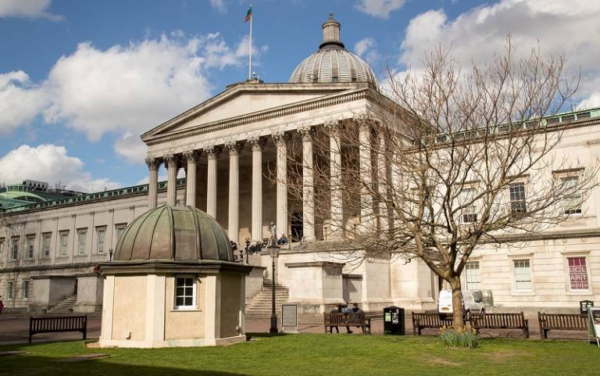
Source: University of Nottingham
Courses
- MSc Economics
- MSc Behavioural Economics
- MSc Development Economics
- MSc Economics and Data Science
- MSc Economics and Econometrics
- MSc International Economics
- MSc Financial Economics
- MSc Economic Development and Policy Analysis
Subject Ranking
THE Economics Ranking: 79
QS Economics Ranking: 100
Why study at the University of Nottingham
A public research university in Nottinghamshire, the University of Nottingham is one of the top universities to pursue your MSc in Economics degree. Nobel Prize winner for Economics, Sir Clive Granger, taught at the University of Nottingham.
The Economics Department offers numerous degrees in the field, as listed above. The MSc Economics degree focuses on current economic thinking and the technical know-how required to analyse micro- and macroeconomic models. The dissertation required at the end of the programme will be supervised on a one-on-one basis, providing you with the flexibility to conduct your research as you see fit. The placement programmes also allow you to gain practical experience during the course of your study.
Eligibility
The minimum entry requirements are as follows:
- 2:1 (or international equivalent) in a discipline with significant economics content, including microeconomics, macroeconomics, statistics and econometrics modules
- Minimum IELTS score of 6.5 or equivalent
Fees and Scholarships
The tuition fee is £26,250 for international students. The university offers a wide range of International Masters Scholarships for its students.
Duration
1 year
Nottingham Economics graduates have gone on to work in academia, government and the private sector, at organisations such as Barclays, Bloomberg, Deloitte, Economist Intelligence Unit, Goldman Sachs, IBM, PwC, and Thomson Reuters. The school also has professional links with the University of Konstanz and the University of Tübingen in Germany.
10. Queen Mary University of London

Source: Queen Mary University of London
Courses
- MSc Economics
- MA International Political Economy
Subject Ranking
THE Economics Ranking: 141
QS Economics Ranking: 120
Why study at the Queen Mary University of London?
Queen Mary University of London is a leading public research university located in the heart of East London. Known for its strong academic reputation and diverse student body, QMUL offers a dynamic environment for postgraduate study.
The School of Economics and Finance at QMUL is well-regarded for its rigorous training in both theoretical and applied economics. The MSc Economics programme is designed to equip students with advanced analytical tools and a solid foundation in microeconomics, macroeconomics, and econometrics. With access to Bloomberg terminals and dedicated careers support, students benefit from both academic depth and practical exposure. The programme culminates in a supervised dissertation, encouraging independent research on a topic of your choice.
Eligibility
The minimum entry requirements are as follows:
- A 2:1 degree (or international equivalent) in Economics or a closely related discipline.
- A strong background in mathematics and quantitative methods
- IELTS score that is 6.5 overall with 6.0 in writing and speaking for international students.
Fees and Scholarships
The tuition fee is £25,150 for international students. QMUL offers a range of scholarships, such as the QMUL Global Excellence Scholarship for outstanding international applicants, and various country-specific or course-based awards.
Duration
The MSc Economics programme is 1 year full-time or 2 years part-time, starting in September each year.






















![Best Universities in New Zealand for International Students [2025 Rankings]](https://tcglobal.com/wp-content/uploads/2025/09/Best-Universities-in-New-Zealand-for-International-Students-2025-Rankings-600x338.png)